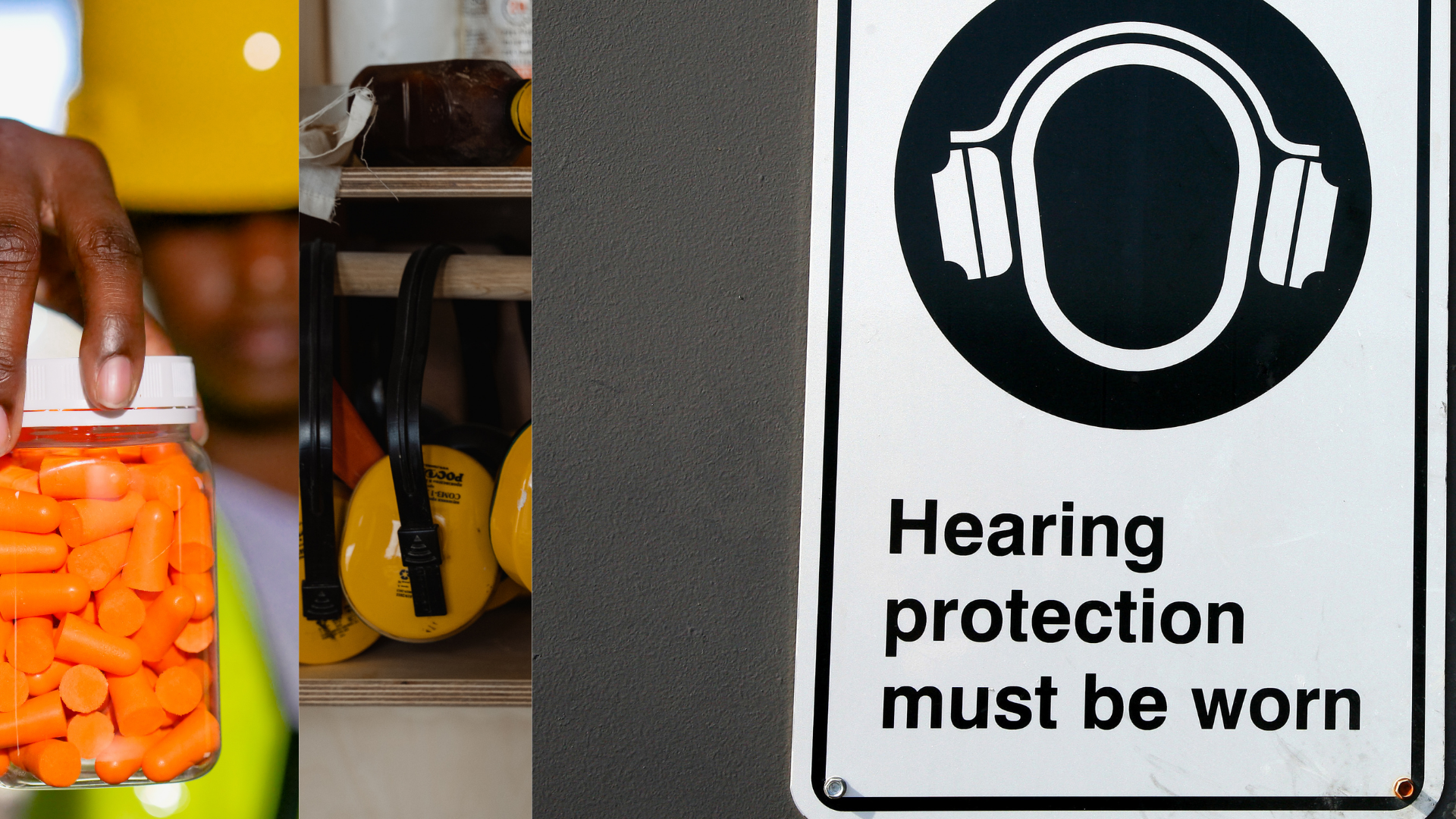5 Reasons to Prioritize Hearing Health in the Workplace
Hearing loss is a more significant issue than you would expect:
- NIOSH announces that 30 million U.S. workers regularly experience levels of noise that are high enough to cause permanent hearing loss.
- As per the U.S. Bureau of Labor Statistics, more than 20,000 cases of hearing loss occur annually at the workplace, many resulting in permanent hearing loss.
- The CDC found that more than 11 percent of the working population had hearing problems, and work-related exposures cause almost one out of four worker hearing difficulties.
Considering your workplace and its current practices, investing a little time and effort will be a prudent investment for your company and your workers. Here is a list of reasons why helping maintain your employees’ hearing health can only be a good thing.
1. Your workers will be more productive
Business performance can suffer when workers experience hearing loss. Regular miscommunications and make tasks take longer to complete because instructions are misunderstood or need to be repeated.
This miscommunication can also cause staff to feel isolated as they fail to communicate with colleagues, and it hurts collaboration and can cause them to be more tired and anxious than normal. Unaddressed hearing loss is associated with an increased likelihood of some cognitive decline; in cases of severe hearing loss, this may be up to five times greater. It can have a detrimental effect on those in cognitively-demanding roles.
2. Your workers will be more employable
You want your workers to be the best in their field so that they can continue to support the aims of your business. Studies have found that those with the worst hearing loss had an unemployment rate (15.6%) twice that of the typical hearing population (7.8%) and almost double that of their peers (8.3%) using hearing aids.
3. Your workers will be happier
Workers who have hearing loss are likely to experience loneliness as essential contact becomes more difficult, resulting in frustration, stress and anxiety. From the inability to receive important information in meetings and calls to feeling left out at company parties, hearing loss can harm a person’s quality of life significantly.
Keeping an eye on the hearing quality of your workers vital, as loneliness and depression is twice as high in people who struggle to hear well than those who have no hearing problems at all.
4. Your workers will have fewer accidents
Hearing problems often affect balance, which increases the risk of falling in the workplace. This heightened risk is an obvious safety issue to the employee and can influence productivity in your organization if workers need time off work.
According to a study by Johns Hopkins University, middle-aged people between the ages of 40-69 with a moderate hearing loss had a three-fold risk of falls compared to those with normal hearing. The prevalence of hearing loss in older populations of 70 years of age and older contributed to a rise in hospitalizations and reduced physical and mental health.
5. Your efforts have a direct impact
Noise-induced hearing loss is the only wholly preventable cause of hearing loss.
According to the Centers for Disease Control and Prevention, an estimated 24 percent of hearing loss in the United States has been linked the workplace. Noise-induced hearing loss is a lifelong hearing disability due to exposure to high noise levels.
By maintaining high hearing health standards in your firm, you can ensure your employees’ welfare by protecting them from life-changing hearing loss.
What the law says you must provide
The Occupational Safety and Health Administration (OSHA) mandates the amount of time workers can be exposed to noise at 90 decibels, ordering hearing protection when noise levels reach 90 decibels.
Through the law, employers in the manufacturing and service sectors have to introduce a robust hearing protection system. Hearing conservation programs can differ slightly by industry, but there are usually eight compulsory components. Employers must:
- Measure volumes of noise.
- Implement restrictions on infrastructure and administrative matters.
- Provide staff with free annual hearing tests.
- Provide workers with the free hearing treatment.
- Provide instruction on the safe use of high noise rates, hearing safety, and awareness about noise hazards.
- Perform a hearing protection program review.
- Perform Hearing Protection System audits.
- Keep accurate records of noise levels.
The post 5 Reasons to Prioritize Hearing Health in the Workplace appeared first on Anadyne.










